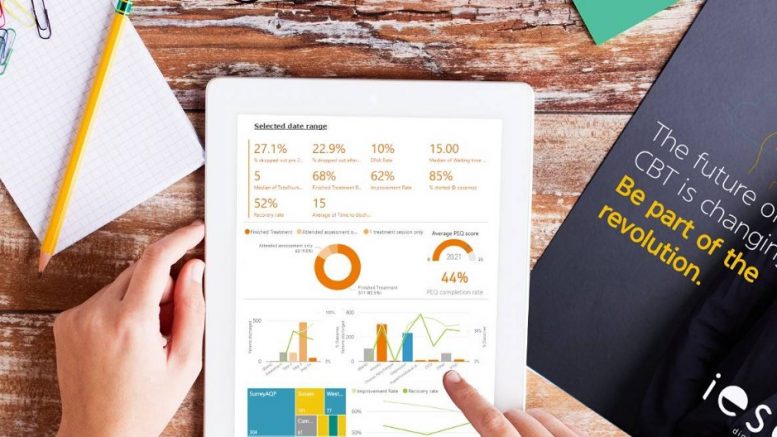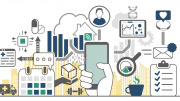“Digital mental health care pathways are delivering game-changing outcomes in the treatment of depression” according to Rob Brougham, UK MD of Ieso Digital Health, speaking last week at Disrupting IAPT: Can digital pathways ‘change the game’ a national summit, chaired by Jeremy Clarke CBE, bringing together industry leaders to discuss the challenges and opportunities for innovation, ahead of the publication of the new NICE guideline for depression.
Ieso is a leading UK provider and award-winning pioneer of clinically validated, digitally-enabled mental health care, available through the NHS, IAPT programme. The company is making high-quality therapy accessible, accountable and affordable for the first time by combining the power of technology with personalised care. Ieso currently works with IAPT services across over 40 CCG footprints.
According to Rob “Many people seeking therapy for mild to moderate depression with the NHS, still face long waiting times, with 1 in 10 having to wait more than a year to be seen leading to minor problems becoming major ones [1]. Nearly two-thirds of people with a known mental condition never seek help from a health professional [2] and yet most of them carry a mobile phone around with them every day. By combining digital technology with the knowledge and experience of qualified expert clinicians, we are seeing the real-world impact of how Ieso is redefining mental health, removing barriers and stigma by meeting patients where they are; on their mobiles and on PC.”
- 66% of all Ieso therapy sessions now take place out of standard 9-to-5 office hours and at weekends.
- 48% more patients complete Ieso’s therapy, compared to the national average for treatment.
- Greater flexibility of online therapy sessions offered by Ieso is reducing appointment no-shows by 31% compared to average national figures for traditional therapy.
Speaking about the impact that Ieso Digital Health is making, Rob Brougham said: “These new figures provide more evidence showing how Ieso’s digital care pathway is giving patients with depression a much better experience by connecting them to clinicians in real-time and meeting them beyond 9-to-5, enabling them to experience high-quality care, quickly and conveniently, without having to adapt their life to their condition.”
References
[1] NHS Digital
[2] Mental Health Foundation, Fundamental Facts 2016





